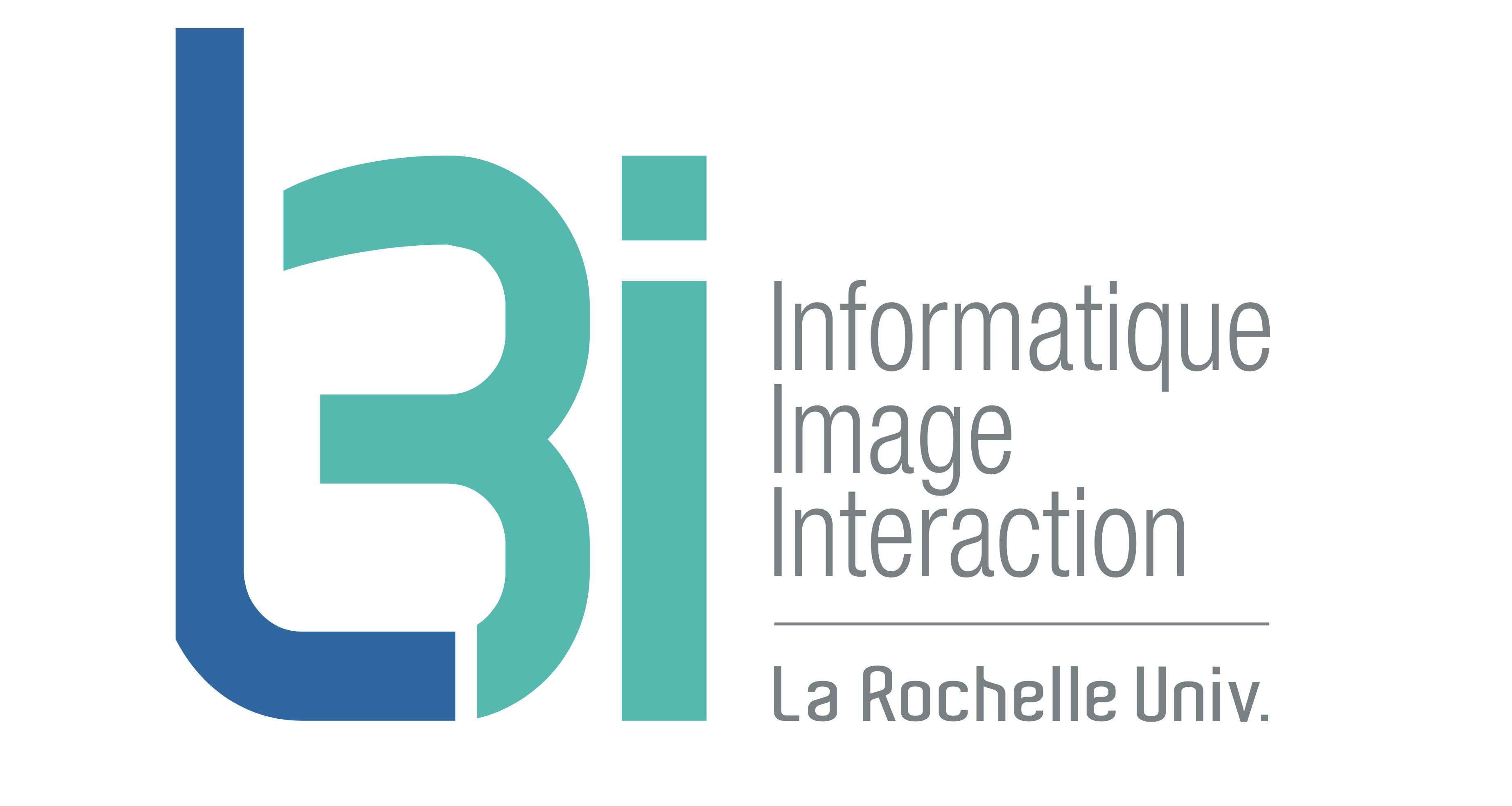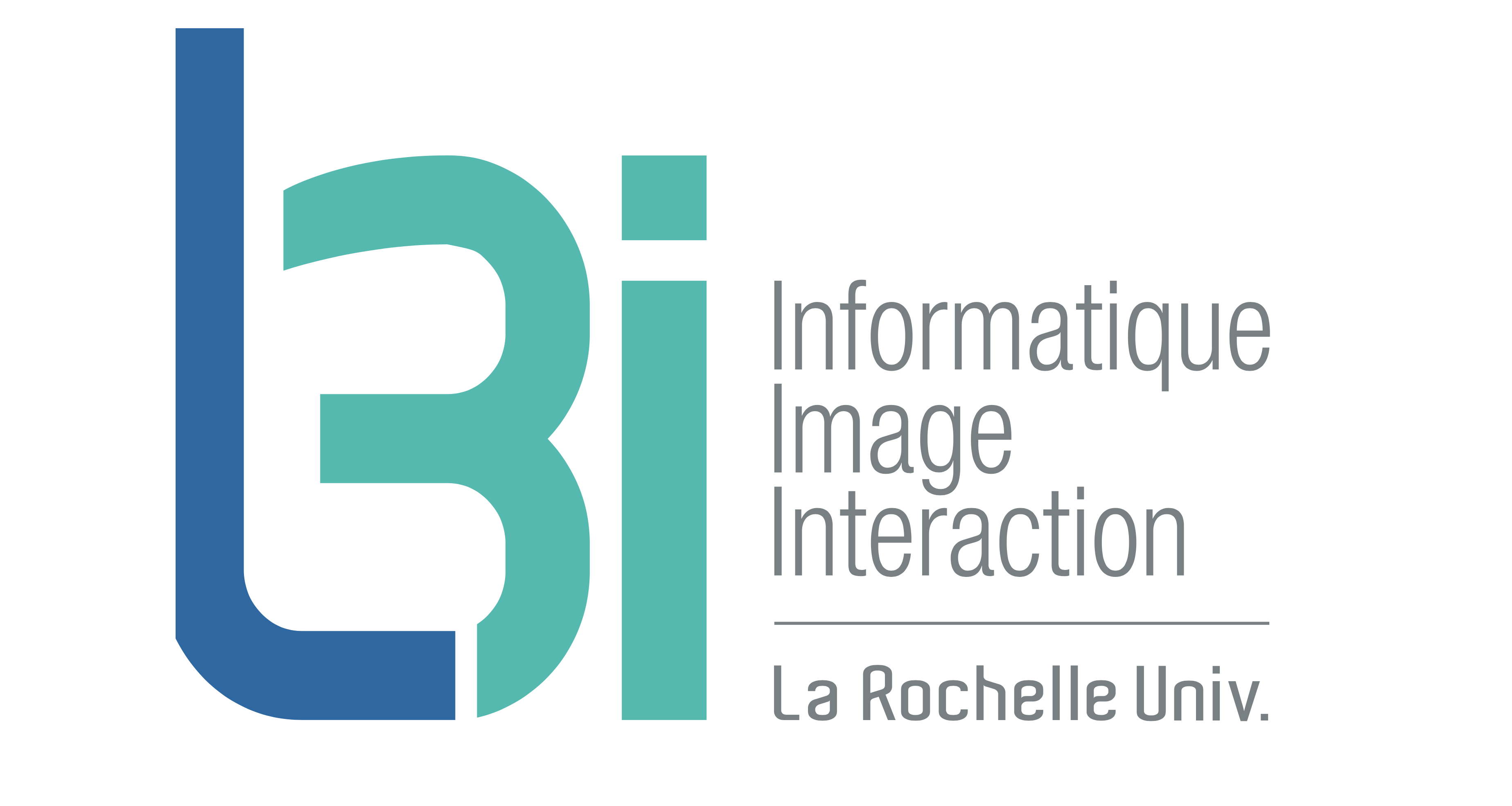Postdoc : gaining a better understanding of the effects of global change on the ecology of marine birds and mammals using artificial intelligence
Publié le
La Rochelle University is recruiting a post-doctoral fellow on a 30-month fixed-term contract.
This project aims at gaining a better understanding of the effects of global change on the ecology of marine birds and mammals using artificial intelligence. Recent development of bio-logging tools (small devices attached to free-ranging animals that collect behavioural and environmental data) enabled us to collect large amounts of complex multimodal data. In particular, small animal-mounted cameras provide image data on the surrounding environment in addition to behaviour of equipped animals. However, the images acquired by these 'bio-loggers' pose new analytical challenges and require the development and implementation of methods for efficiently and accurately extracting, analysing and interpreting this complex and voluminous data.
Indeed, underwater images are inherently challenging to analyze. The data collected are affected by the non-homogenous effects of light absorption and scattering in the water (blurriness, contrast, disappearance of specific colours, etc.), which could lead to misinterpretation of objects. In addition, images are collected from animals moving freely within the water column, thus can suffer from loss of quality due to ever-changing backgrounds, shifts in focus, and rapid changes in illumination, colour, water turbidity and noise.
The successful candidate will work on:
1- developing innovative methods for easy processing and analysis of video data obtained by biologging devices using machine learning-based video and image processing methods.
2- testing different types of models on biologging hardware with the objective of implementing image video processing directly on-board biologgers for near-real time transmission via satellite when animals are at sea, given the restrictions inherent to small size biologgers, limited energy supply and limited message size for data transmission.
3- Propose some frugal AI approaches which will be able to generalize on few samples, in order to learn new concepts / classes with few samples (like in the case of test-time adaptation, in-context learning or incremental learning methods).
The data used in this project will be from video-recording underwater cameras deployed on 40 Adelie penguins on the Antarctic continent, along with location and depth sensors, as well as high-resolution tri-axial accelerometers and magnetometers. This dataset will potentially be supplemented by videos recorded on seals, in different ecosystems. Training datasets have already been manually implemented and will be ready to use at the start of the project.
- Position: 30-month full-time position
- Salary: Starting from 2100 € monthly (net) for full-time work
- Experience : Candidates must hold a PhD diplôma at the time of the application. The
- recruitment is open to candidates with disabilities.
Your application must include a cover letter, a detailed curriculum vitae and a copy of highest diploma
This application must be submitted by email at: tiphaine.jeanniard-du-dot@cebc.cnrs.fr ; akiko.kato@cebc.cnrs.fr ; m.chimienti@bangor.ac.uk ; mickael.coustaty@univ-lr.fr
More details are available here: https://ao.univ-lr.fr/index.php/s/qXkpKP4xtsXaWbs or in the file below.
-
2025_CEBC_L3i_ExcelLR-post-doc.pdf

